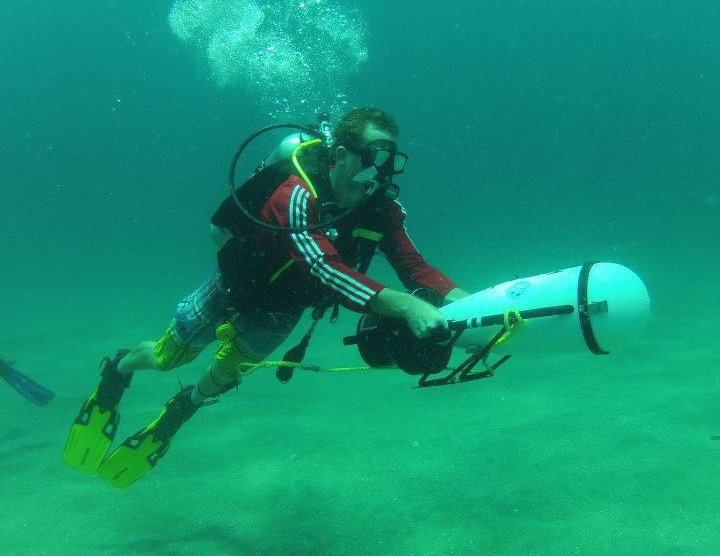Document Type
Article
Publication Title
Ecology
Abstract
Developmental resource partitioning and the consequent offspring size variations are of fundamental importance for marine invertebrates, in both an ecological and evolutionary context. Typically, differences are attributed to maternal investment and the environmental factors determining this; additional variables, such as environmental factors affecting development, are rarely discussed. During intracapsular development, for example, sibling conflict has the potential to affect resource partitioning. Here, we investigate encapsulated development in the marine gastropod Buccinum undatum. We examine the effects of maternal investment and temperature on intracapsular resource partitioning in this species. Reproductive output was positively influenced by maternal investment, but additionally, temperature and sibling conflict significantly affected offspring size, number, and quality during development. Increased temperature led to reduced offspring number, and a combination of high sibling competition and asynchronous early development resulted in a common occurrence of ‘‘empty’’ embryos, which received no nutrition at all. The proportion of empty embryos increased with both temperature and capsule size. Additionally, a novel example of a risk in sibling conflict was observed; embryos cannibalized by others during early development ingested nurse eggs from inside the consumer, killing it in a ‘‘Trojan horse’’ scenario. Our results highlight the complexity surrounding offspring fitness. Encapsulation should be considered as significant in determining maternal output. Considering predicted increases in ocean temperatures, this may impact offspring quality and consequently species distribution and abundance.
First Page
2263
Last Page
2274
DOI
10.1890/12-1701.1
Publication Date
2013
Recommended Citation
Smith, Kathryn E. and Thatje, Sven, "The Subtle Intracapsular Survival Of The Fittest: Maternal Investment, Sibling Conflict, Or Environmental Effects?" (2013). Ocean Engineering and Marine Sciences Faculty Publications. 75.
https://repository.fit.edu/oems_faculty/75


